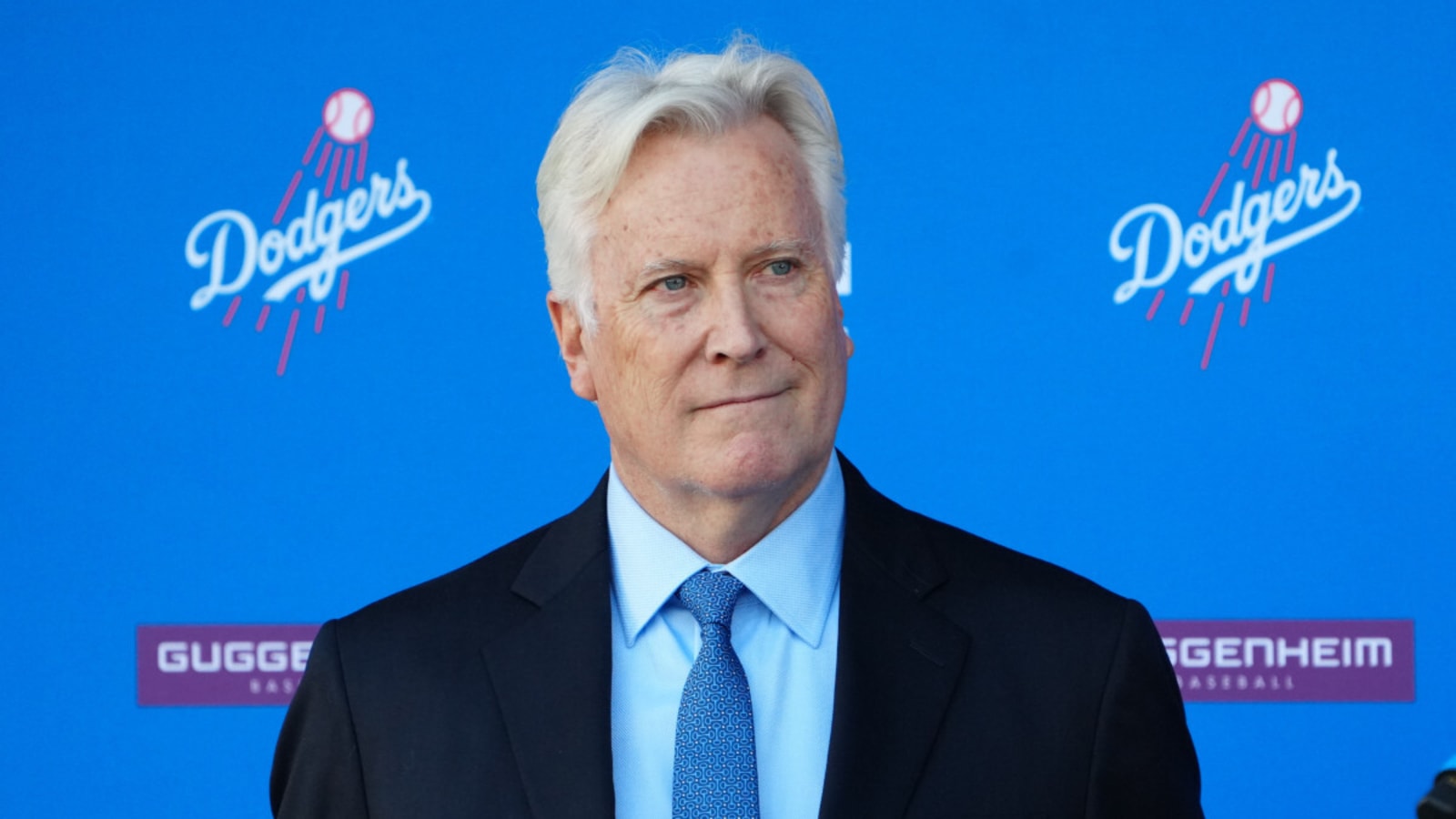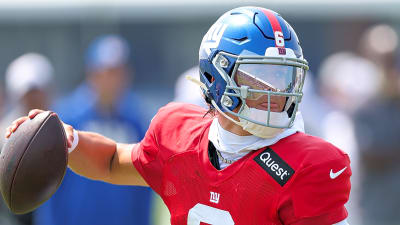
The Los Angeles Dodgers have long been a powerhouse in Major League Baseball, and much of that success can be attributed to the financial backing of Guggenheim Partners. Led by billionaire Mark Walter, Guggenheim has been a dominant force in the business world, particularly in finance, sports, and media. However, with its latest venture—a $40 billion fund focused on artificial intelligence investments—concerns are rising about potential conflicts of interest, especially in an era where sports gambling is becoming increasingly prevalent.
Walter and Thomas Tull have formed TWG Global, a holding company designed to capitalize on AI’s impact across various industries. Potential applications include sports analytics, media rights, and even gambling technology. Given the Dodgers’ prominence in professional baseball, the intersection of AI-driven financial strategies and the surge of legalized sports betting raises ethical concerns.
The use of AI in sports is nothing new, but its implementation in gambling presents a murky ethical landscape. AI can analyze player performance, predict outcomes, and identify betting trends more accurately than ever. While these tools are often used for team-building and in-game strategy, they also have significant implications for the sports betting industry.
Guggenheim’s deep financial ties to the Dodgers and its new AI initiative could lead to potential conflicts of interest if its technology is used to shape betting markets. If AI-driven analytics give an unfair advantage to investors, oddsmakers, or even team owners, it could compromise the integrity of the game.
Major League Baseball has already embraced sports betting, with partnerships between teams and gambling companies becoming more common. The league has made efforts to maintain transparency, but when team ownership groups have financial interests in industries that influence betting markets, it creates a situation where oversight is essential.
Walter’s involvement in the Dodgers and Guggenheim’s AI-driven financial empire makes it challenging to separate these two worlds. If TWG Global invests in gambling technology or analytics platforms used by betting companies, it raises questions about impartiality. Could AI be used to manipulate betting lines? Could insider knowledge give certain parties an advantage? These are concerns MLB will need to address.
As the Dodgers continue to be one of baseball's most financially aggressive teams, scrutiny over ownership’s financial dealings will only intensify. While there is no direct evidence of wrongdoing, the potential for conflict remains. MLB must ensure that teams, especially those owned by investment firms with wide-ranging interests, do not exploit emerging technologies in ways that could compromise fair competition.
The league is responsible for establishing clear guidelines for ownership groups on AI and gambling-related investments. If TWG Global’s AI initiatives begin to intertwine with sports betting, MLB may be forced to intervene to preserve the sport's credibility.
The Dodgers remain a dominant force on and off the field. But with AI’s influence growing and sports gambling becoming a more significant part of professional sports, the question remains: Where should the line be drawn?
More must-reads:
- AL Cy Young Award is Tarik Skubal's to lose after duds from Garrett Crochet, Nathan Eovaldi
- Yankees slugger Aaron Judge lands at No. 1 on prestigious list
- The 'American League WAR leaders' quiz
Breaking News
Trending News
Customize Your Newsletter
 +
+
Get the latest news and rumors, customized to your favorite sports and teams. Emailed daily. Always free!








